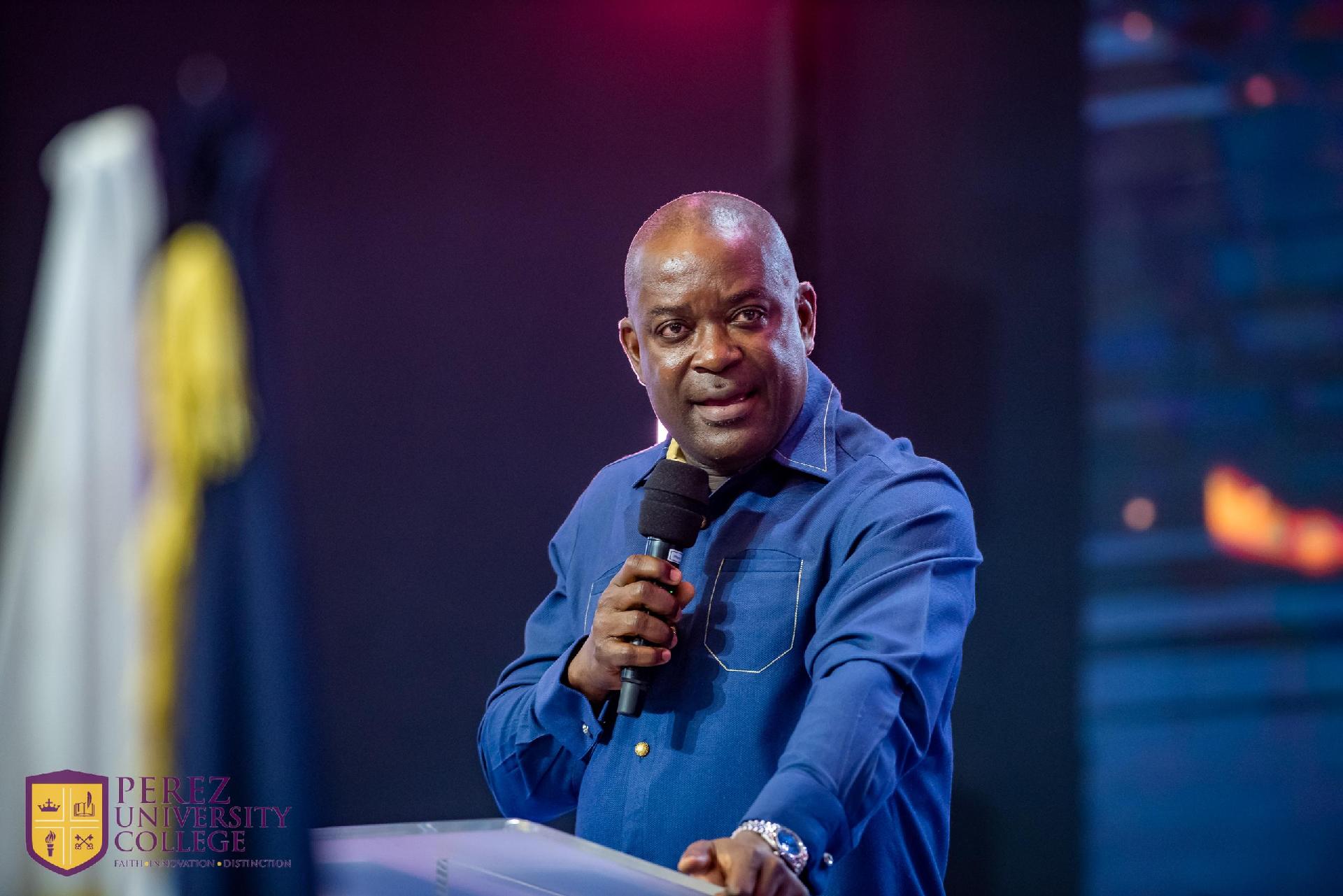The Director-General of the Ghana Tertiary Education Commission (GTEC), Professor Ahmed Jinapor, has reaffirmed the Commission’s commitment to aligning tertiary education with the evolving demands of the 21st-century economy. Speaking at the 9th Graduation Ceremony of Perez University College in Accra, Prof. Jinapor announced that GTEC is actively collaborating with universities to review and modernize academic curricula.
This strategic initiative aims to ensure that university programmes are responsive to the current skills needs of the country, particularly in areas such as digital transformation, entrepreneurship, and the operational dynamics of a 24-hour economy.
"We will continue to advocate for quality and relevance in tertiary education to ensure that graduates emerge not only with technical knowledge but also with critical thinking, problem-solving abilities, communication competence, and strong ethical values,” Prof. Jinapor stated.
He further emphasized GTEC’s drive to strengthen industry-academia partnerships. These include facilitating internships, apprenticeships, collaborative research, and the co-design of curricula that align with national development priorities.
At the ceremony, 150 students were awarded bachelor’s degrees, with over 80 receiving certificates in various disciplines. Perez University College offers programmes including BBA in Accounting, Marketing, Human Resource Management, and Banking & Finance; BA in Communication Studies, Biblical Studies, and Church Administration; as well as certificate programmes in Christian Ministry and Church Administration.
Supporting Private Tertiary Institutions
Prof. Jinapor acknowledged the challenges faced by private tertiary education providers, particularly low enrolment numbers and sustainability concerns. He attributed part of the problem to the increasing presence of unaccredited satellite campuses across the country.
“In response, GTEC has engaged universities involved in such practices and has issued directives to halt fresh admissions at these unaccredited centres. Existing students are to be taught out to ensure fairness and uphold quality,” he revealed.
He noted that this intervention is part of efforts to create a level playing field for private institutions to flourish. Additionally, he highlighted the concern regarding excessive admissions in public universities, which often stretch their infrastructure beyond capacity. GTEC, he said, would soon introduce policy measures to address this situation and called on stakeholders to support the Commission’s regulatory efforts.
Clampdown on Misuse of Academic Titles
Prof. Jinapor also used the occasion to address the growing misuse of academic titles such as “Dr” and “Professor” by individuals who have not earned them. He clarified that such titles are reserved for individuals who have obtained a PhD from an accredited institution or achieved the rank of Professor through years of academic service, research, and extension work.
He cited Section 8 (4)(d) of the Education Regulatory Bodies Act, 2020 (Act 1023), which mandates GTEC to regulate the use of academic titles in Ghana. “We remain committed to enforcing this provision and ensuring that academic integrity is preserved as part of our contribution to Ghana’s national reset agenda,” he affirmed.
A Charge to the New Graduates
Addressing the graduating class, Prof. Jinapor encouraged them to embrace lifelong learning, ethical leadership, and entrepreneurship. “The future of Ghana lies in your hands. As we move towards a reset and a 24-hour economy, be innovative, adaptable, and unwavering in your integrity,” he urged.
Call for Government Support to Private Universities
The Founder and Chancellor of Perez University College, Bishop Charles Agyin Asare, appealed to former President John Dramani Mahama and the government to extend support to private tertiary institutions. He proposed initiatives such as subsidies, grants, or fee assistance programmes to ensure broader access to higher education.
“Investing in private universities is essential to developing Ghana’s human resource base, improving productivity, and supporting national development, including the 24-hour economy vision,” Bishop Agyin Asare stated.

